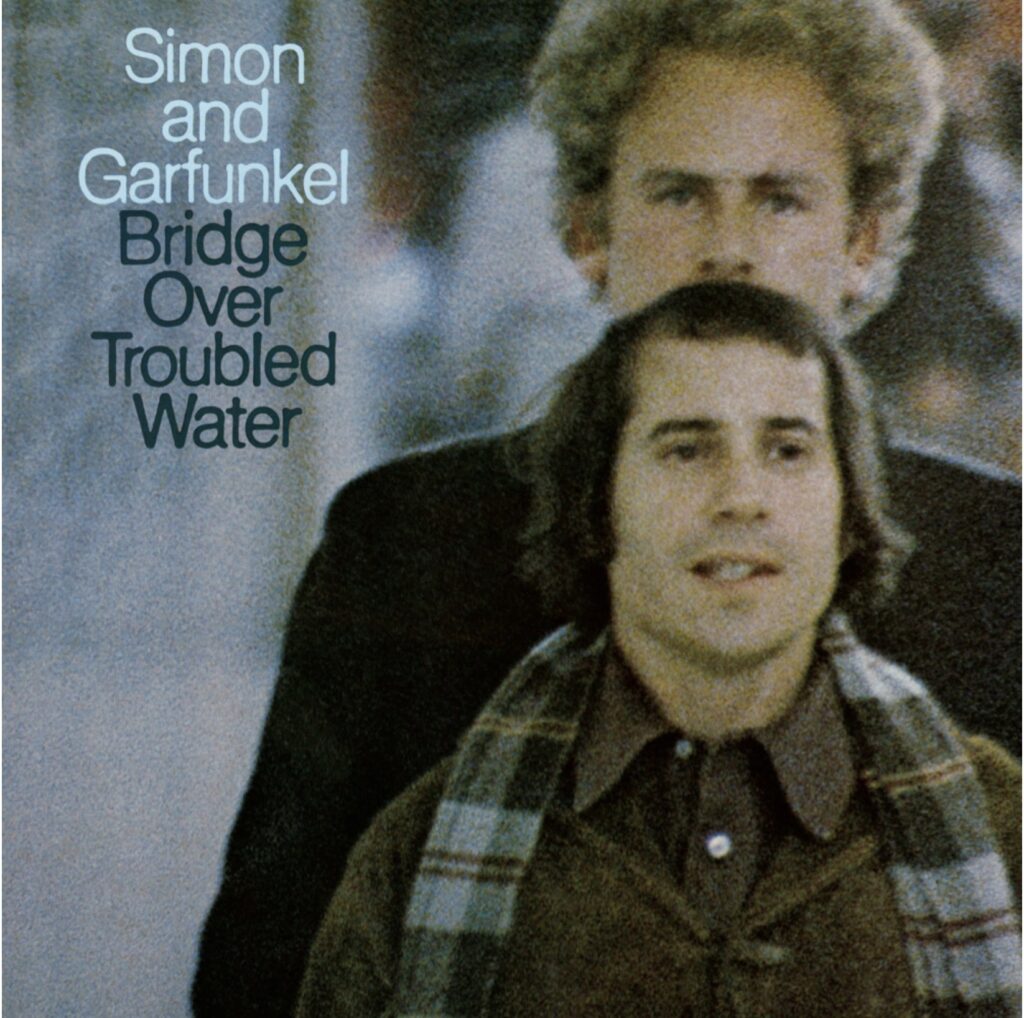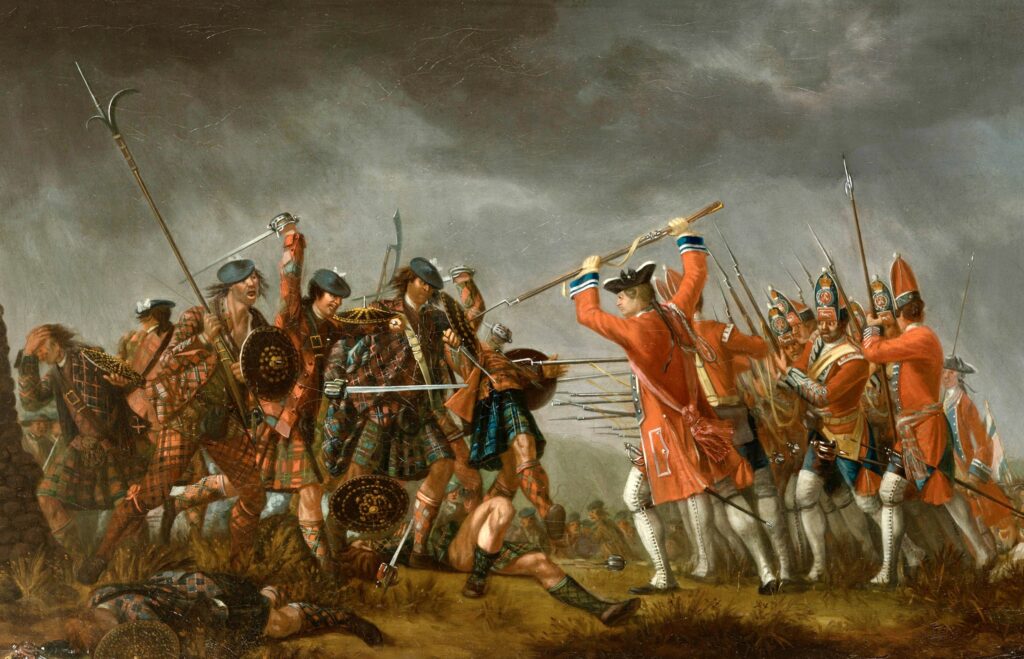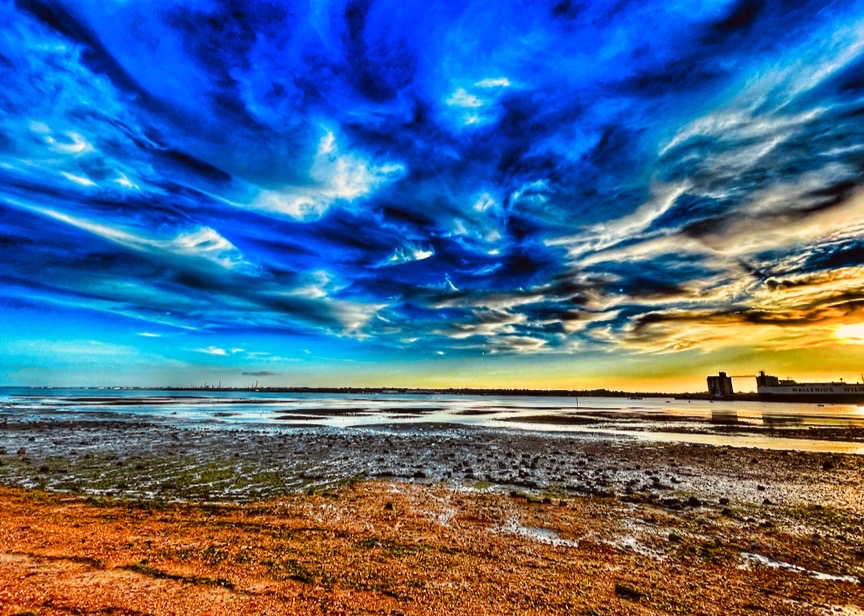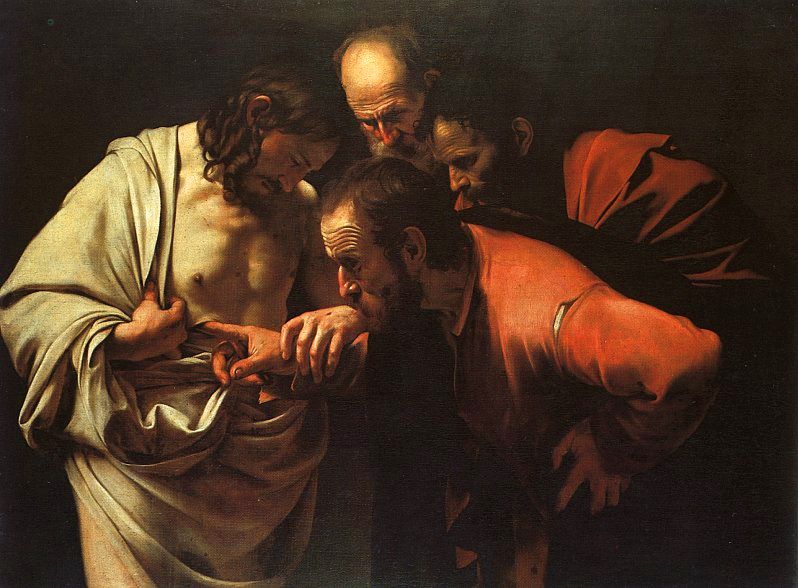
After losing a disastrous war with France, impoverishing the country and alienating the church, King John finally succeeded… in inciting his Barons to rebel and take control of London. Holed up in Windsor Castle, he had little choice but to agree to their demands, And so, on 15th June 1215, by the river Thames at Runnymede, King John signed the Great Charter, acknowledging that even the king would in future be subject to the rule of law. For 800 years, Magna Carta has inspired generations of reformers and radicals, statesmen and lawyers not just in Britain but the world over. In the 17th Century, it was used to thwart attempts by Charles I to raise taxes without Parliament.
In the 18th Century the American Founding Fathers found inspiration in drafting their Declaration of Independence and Constitution. In the 19th Century reformers invoked Magna Carta against Parliament in defence of the freedom of expression and independence of the press.








